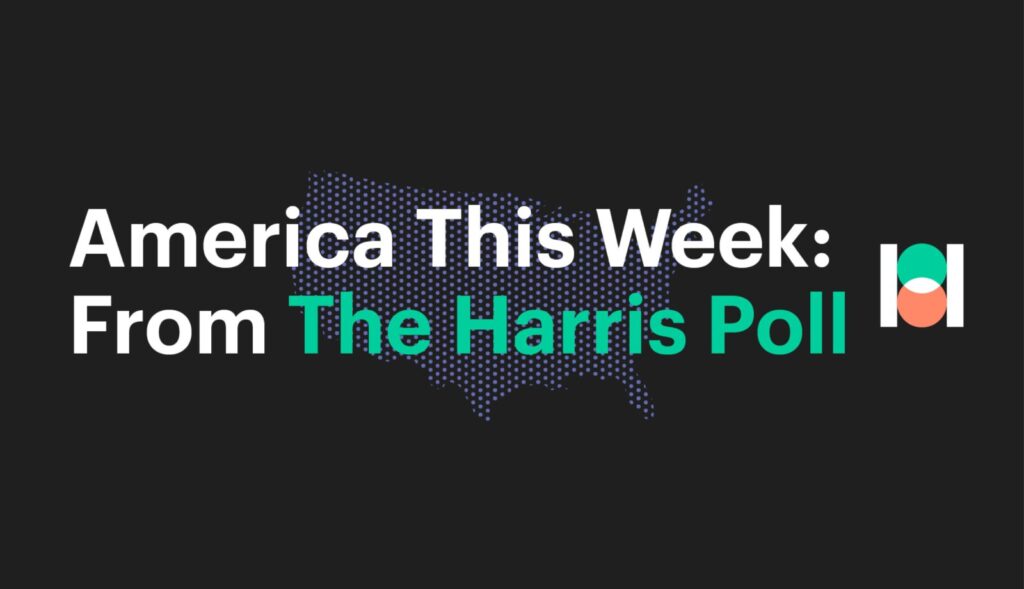Brief • 3 min Read

13% say there are no actions that will make me comfortable to do certain activities again
- 15% of women vs 10% men
- 16% of 65+ vs 9% Gen Z/Millennials
- 19% of HHI <$50K vs 8% of HHI $75k+
30% of Americans are not confident about things ”going back to normal” after the COVID19 crisis is resolved, and nearly a fifth (15%) say “things will never be the same, there will be a new normal in the future”
- Only 19% are very confident
- Nearly 2 in 10 women (18%) say things will never be the same vs 12% of men
- 21% of 65+ say things will never be the same vs 11% of Gen Z/Millennials
While 92% are taking the necessary steps to help slow the spread of coronavirus and 82% trust their neighbors are too, concern of opening up the economy too soon is a looming threat
- This hesitation is likely driven by fear; Americans are 3x more likely to think the amount of fear is sensible given how serious the pandemic has become (75%) vs 25% who think it is irrational
(57%) say a COVID-19 vaccine should have to be created before Americans return to work
- Americans age 65+ are more likely than those 18-49 to say the number of cases should have to go down before Americans can return to work (85% vs. 66%)
- Americans age 65+ are more likely than those 18-64 to say a proper testing place should have to happen before Americans return to work (81% vs. 64%)
Methodology: This survey (Wave 7) was fielded online among a nationally representative sample of 2,013 U.S adults from April 11 – 13, 2020. Wave 6 was fielded online among a nationally representative sample of 1,993 U.S adults from April 3 – 5, 2020. Wave 5 was fielded online among a nationally representative sample of 2,016 U.S adults from March 28 – 30, 2020. Wave 4 was fielded online among a nationally representative sample of 2,023 U.S adults from March 21-22, 2020. Wave 3 of the survey was fielded online among a nationally representative sample of 2,019 U.S adults from March 17-18, 2020. Wave 2 of the survey was fielded online among a nationally representative sample of 2,050 U.S adults from March14-15, 2020. Wave 1 of this survey was fielded online among a nationally representative sample of 2,019 U.S adults from March 05 – 09, 2020.
Find out more from our COVID-19 Tracker.
Subscribe for more Insights
Subscribe to our newsletter for the latest trends in business, politics, culture, and more.
Related Content









